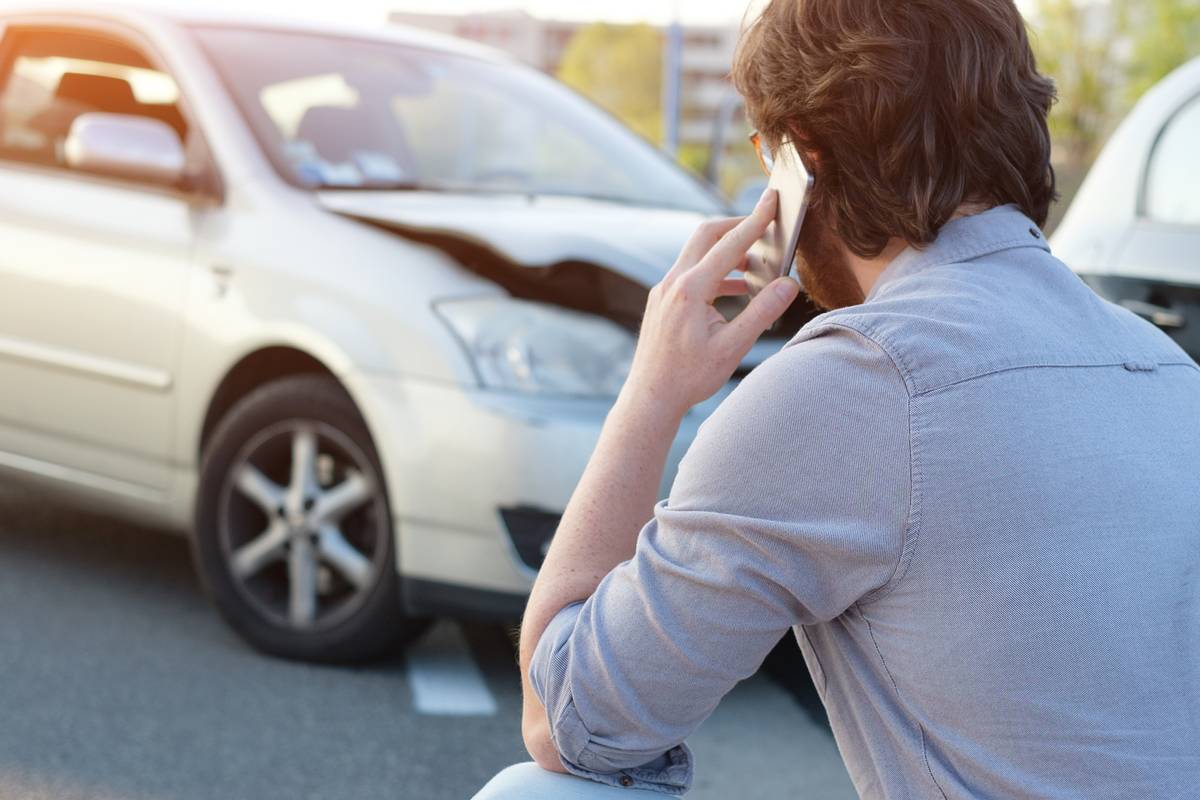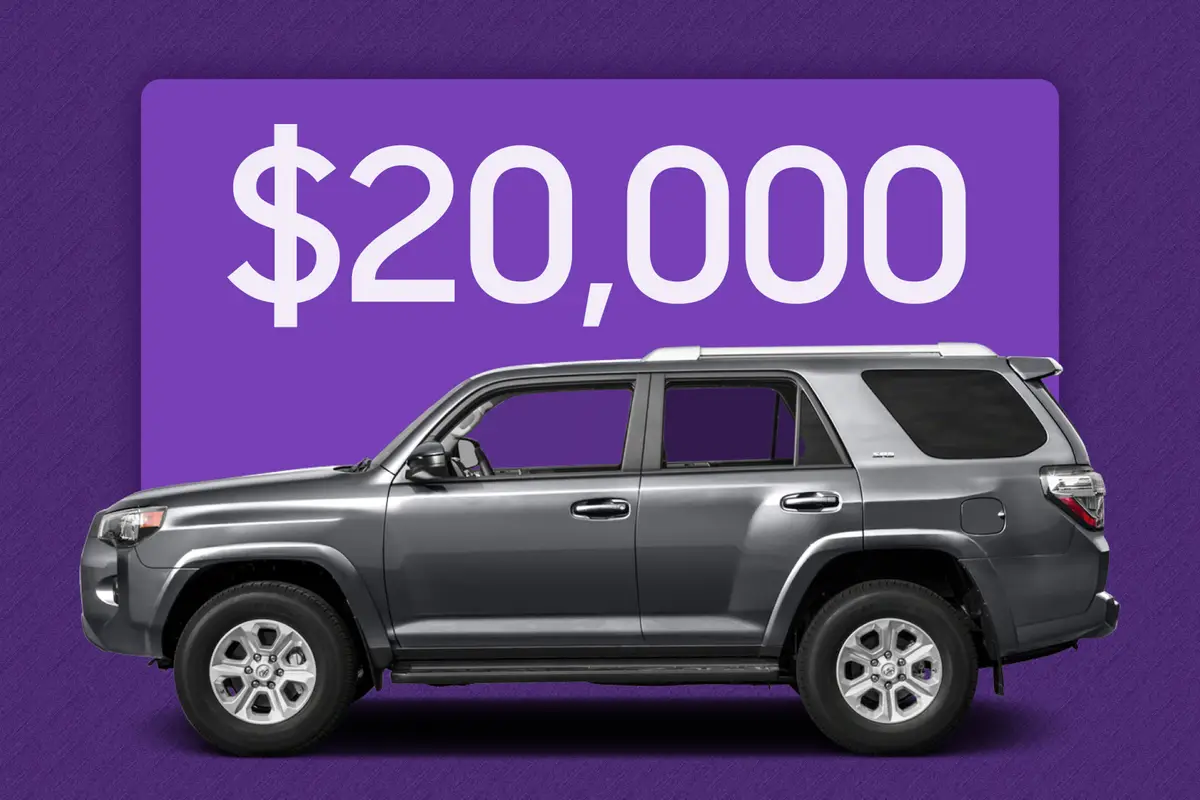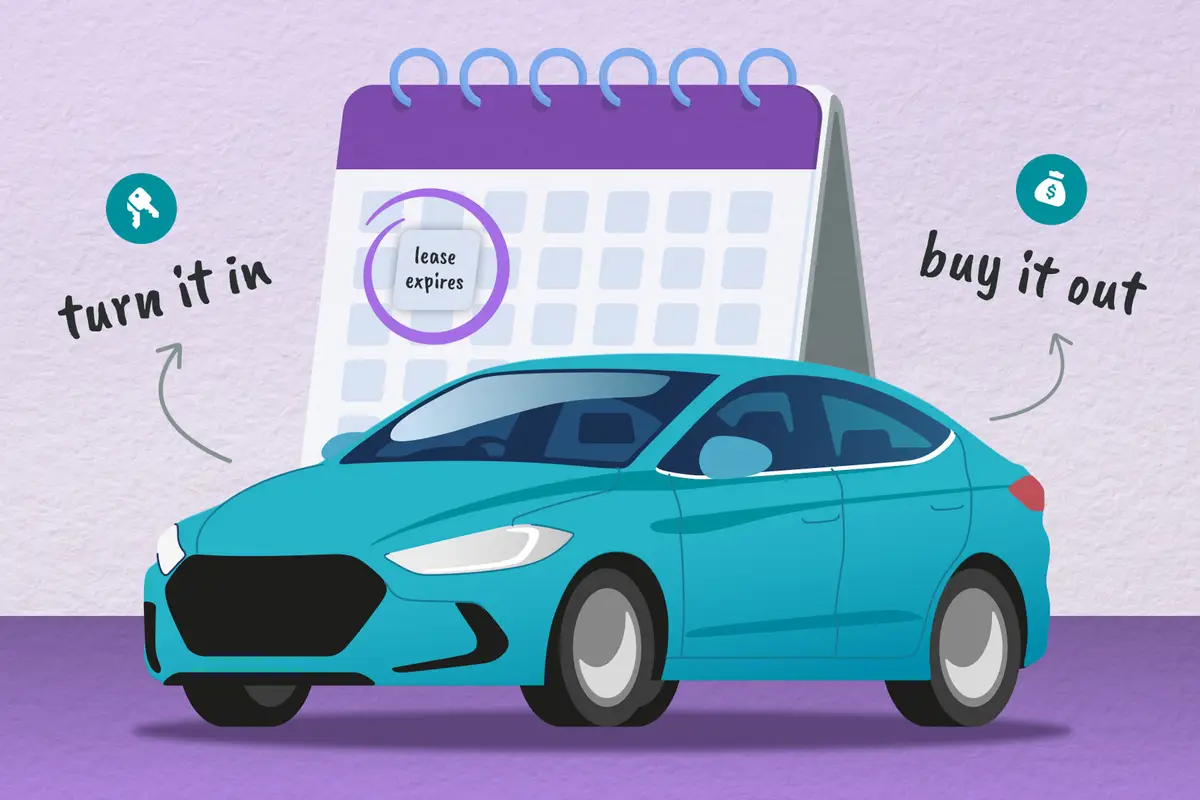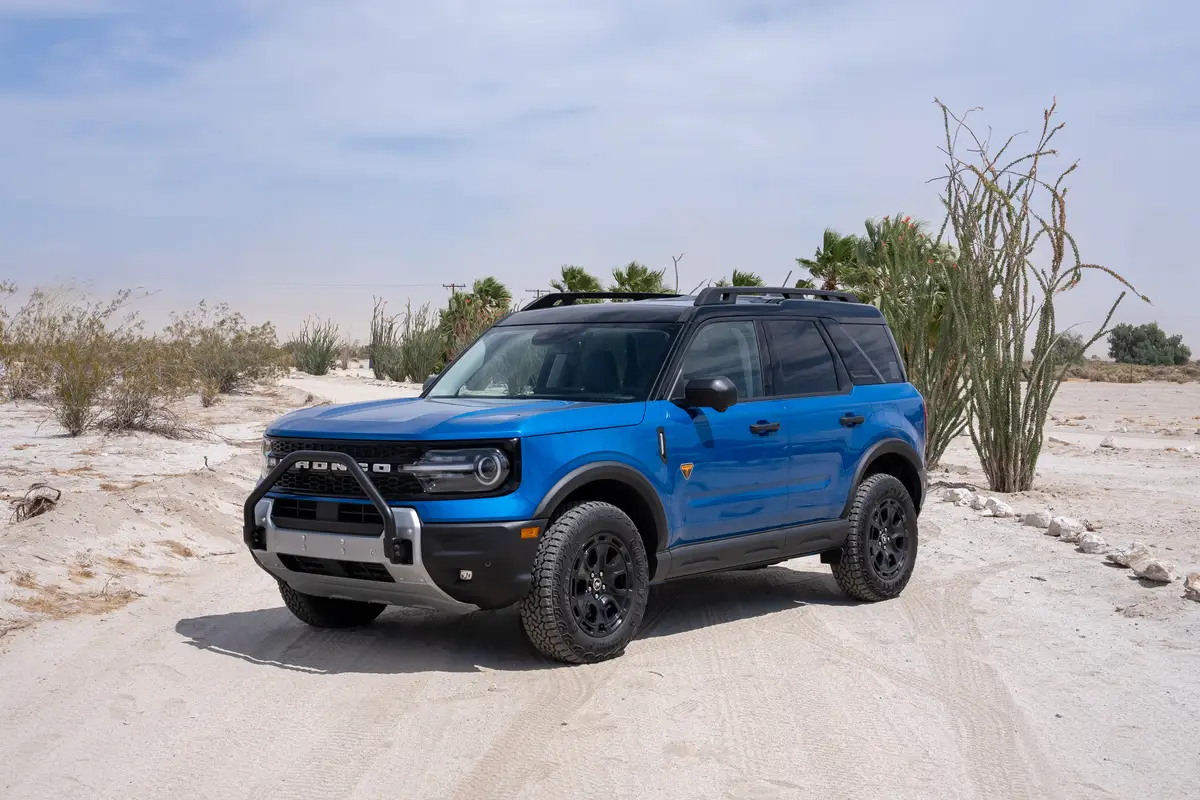What Is a Collision Damage Waiver?


A collision damage waiver is optional coverage available on rented vehicles that protects the renter from repair bills in the event of theft or an accident.
Related: Are Extended Car Warranties Worth It?
Rental car companies not only expect their customers to pay for any damage to their vehicles, but also for loss of revenue while a vehicle is being repaired. A collision damage waiver usually comes with a “loss damage waiver,” which relieves the renter of that responsibility.
How Much Is It?
This optional coverage has become more expensive in recent years and often adds $30 or more per day, so it can jack up the cost of renting a vehicle for a week by more than $200. It is usually offered to renters when they make a reservation online and again when they pick up the vehicle in person.
Should You Get It?
So, should you opt for a CDW/LDW the next time you rent a vehicle? It depends, so don’t automatically agree to this additional cost. Here’s why:
- If you have collision and comprehensive auto insurance for your personal vehicle(s), that should also cover vehicles that you rent; check with your insurance agent to be sure. The same goes for your liability insurance, which covers damage to other vehicles, property and injuries. (If your insurance does cover rented vehicles, you should carry your insurance ID card with you.) Note that this coverage most likely will apply to rental cars driven in the U.S. and probably Canada, but not in other countries. In addition, your auto insurance probably won’t cover the loss of revenue when a damaged rental vehicle is out of service.
- Some credit cards will cover some or all damage to rented vehicles if you pay the entire rental cost with that card. Some cards provide complete CDW/LDW coverage, but they more commonly act as secondary insurers, so your auto insurance remains primary. That means the credit card might only cover the cost of your deductible. It also might not cover loss of revenue to the rental company, and with some cards, you may have to pay for the repairs — which can easily top $1,000 for even a fender bender — and then seek reimbursement.
This credit-card benefit isn’t as common as it used to be, so you should check before you rent to be sure and to find out the extent of the coverage.
- If you don’t have auto insurance or a credit card that covers rental car damage, then you’re on your own, so a CDW/LDW could be good protection against major financial expenses. Bear in mind that a CDW/LDW does not include liability coverage, so if you don’t have liability insurance that applies to rented vehicles, you are responsible for damage to other vehicles or property and medical expenses from injuries to others. Rental companies also offer liability coverage at extra cost. Every state requires liability coverage, so you will have to buy it if you don’t already have it.
More Considerations
Some renters decide to buy CDW/LDW coverage from the rental company because they don’t want to make claims through their own insurer and risk being hit with higher rates in the future or pay a deductible. Doing that, though, means that you are paying a high price to duplicate coverage you already have.
The cost of renting cars has skyrocketed since travel restrictions were eased in many parts of the U.S., so relying on your own auto insurance is one way to save money.
More From Cars.com:
- Which 2021 Vehicles Have the Best Warranty Coverage?
- Pros and Cons of CPO Versus an Extended Warranty
- Should You Buy or Lease Your Next New Car?
- What Is Gap Insurance?
Cars.com’s Editorial department is your source for automotive news and reviews. In line with Cars.com’s long-standing ethics policy, editors and reviewers don’t accept gifts or free trips from automakers. The Editorial department is independent of Cars.com’s advertising, sales and sponsored content departments.

Contributor Rick Popely has covered the auto industry for decades and hosts a weekly online radio show on TalkZone.com.
Featured stories




